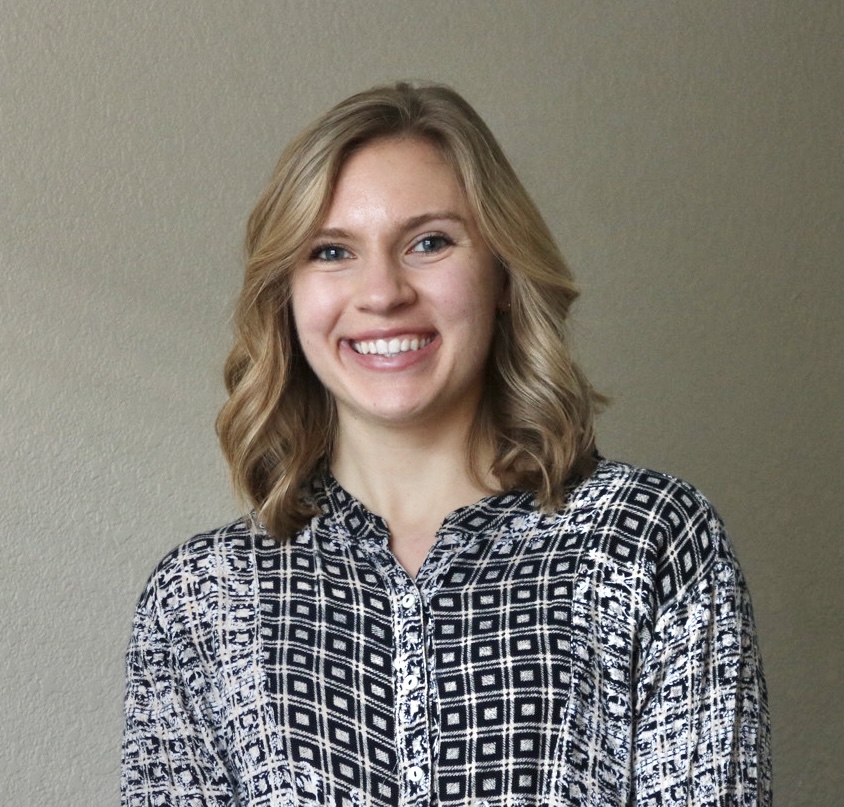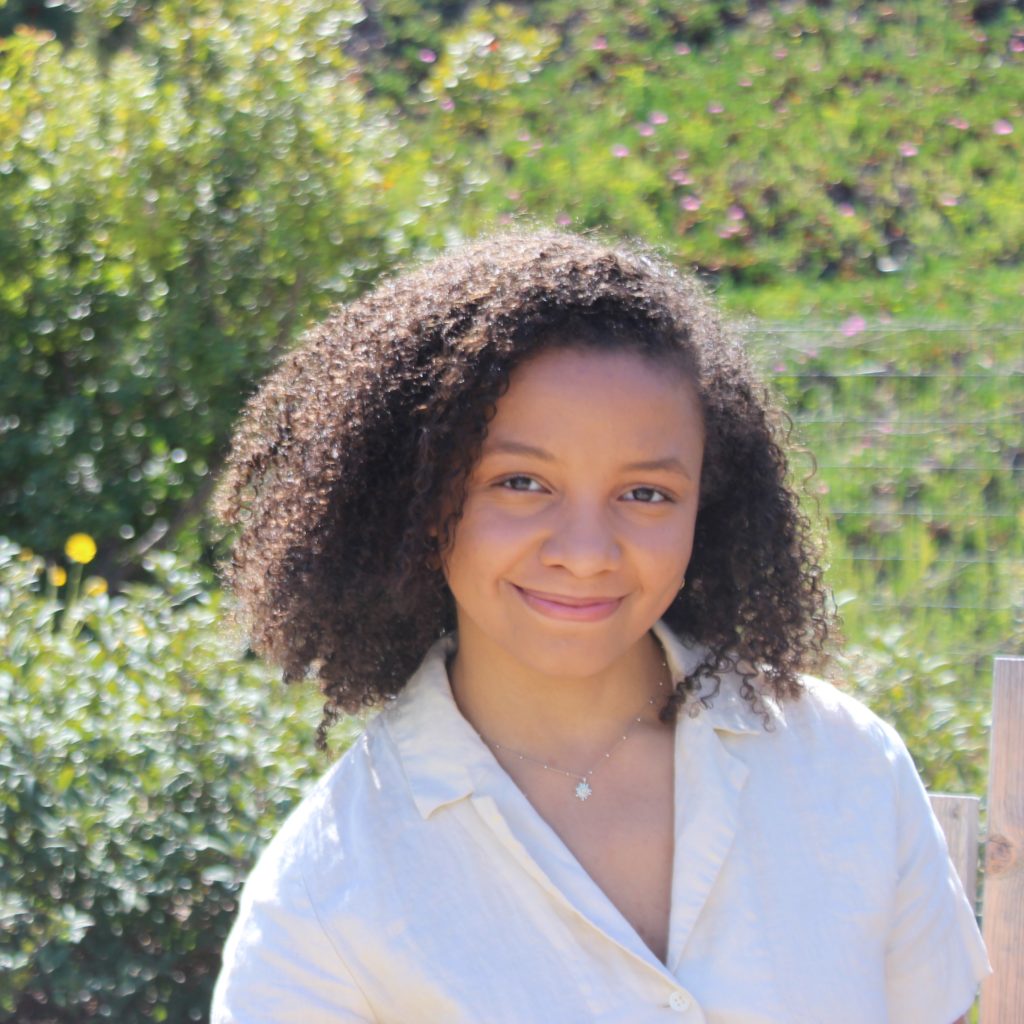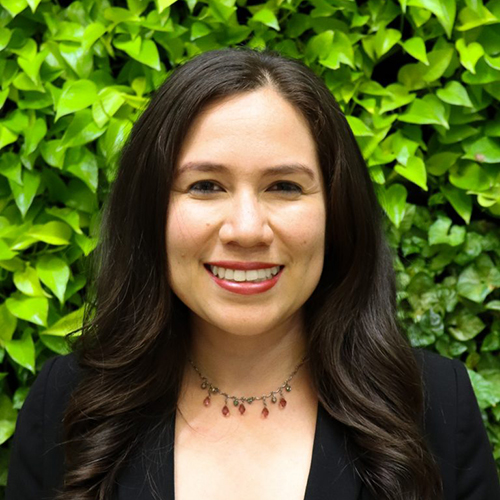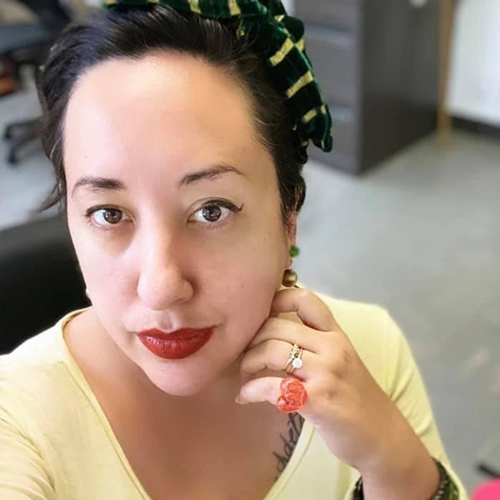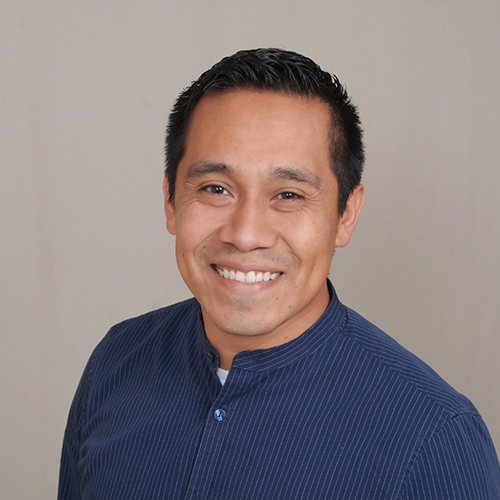The climate resilience field has experienced significant growth in the past decade, as evident by the extensive repository of resources now available to support decision-makers, as well as the growth of the resilience community itself. However, equity has not been sufficiently prioritized or integrated into adaptation processes or projects.
Embedding Equity in Adaptation, a new ARCCA initiative funded by the Climate Resilience Fund, seeks to directly address this gap by setting in motion an accelerated cycle of learning, institutionalizing, and implementing equity principles and practices. By leveraging existing infrastructure and resources, this project will build much-needed capacity among adaptation practitioners, organizations, and networks while codifying equity in governance procedures and catalyzing local climate equity initiatives to demonstrate proof-of-concept.

